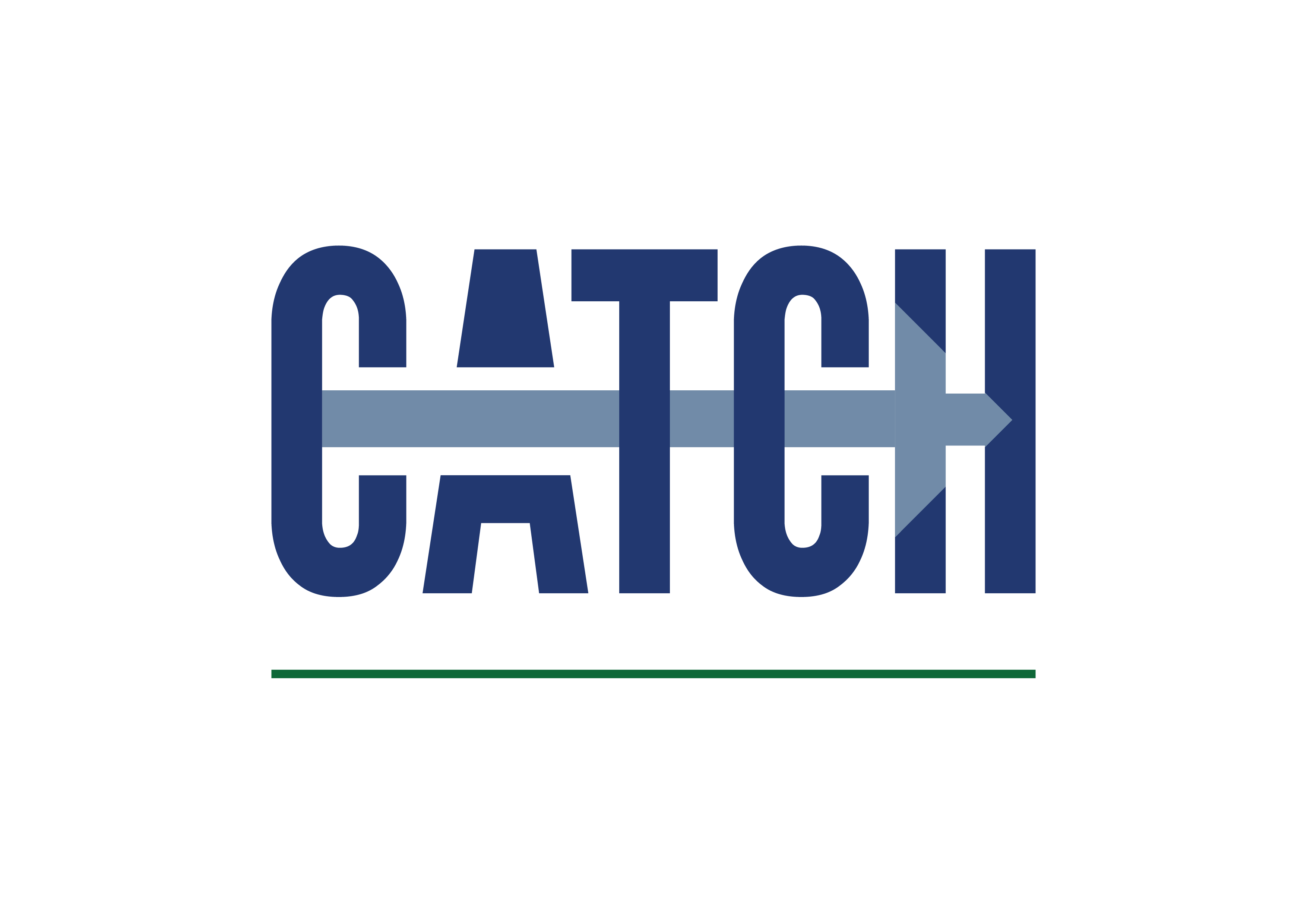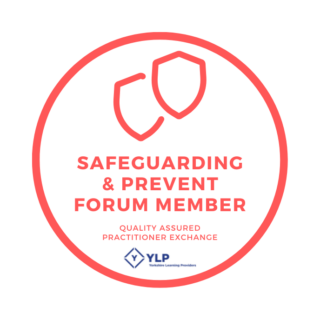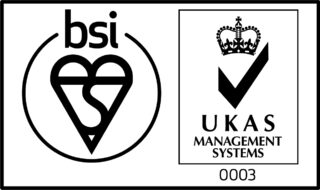Write up: Human Factors Network

The CATCH Membership Human Factors Network met on 28 September with a session dedicated to the topic of Knowledge Management, in particular the retention of critical knowledge in the high hazard industries. The network is chaired by Chris Marron from Yara who welcomed Eelco Kruizinga, Senior Principal Consultant at DNV who joined the meeting to give a presentation.
Eelco described how organisations in the military, aviation, health care and consultancy sectors have benefited from implementing a rigorous process for knowledge management and capturing learning to de-risk and add value to future projects.
Organisations typically look at specific knowledge retention scenarios such as People, Asset, Project or Incident. In the high hazard industries there are some common risks that drive the need for improved Knowledge Management including an ageing workforce, employee mobility, handover between projects, relocation of operations and downsizing. Eelco outlined a number of useful tools to assist in knowledge retention.
After a coffee break the group discussed plans for 2024 programme including which Human Factors analysis tools and topics would be of interest to the group.
Places are still available on the next Human Factors in Incident Investigation Course @CATCH 21-22 November – booking here with Human Factors Expertise Ltd
For more information about the Human Factors Network please contact katie.hedges@catchuk.org






